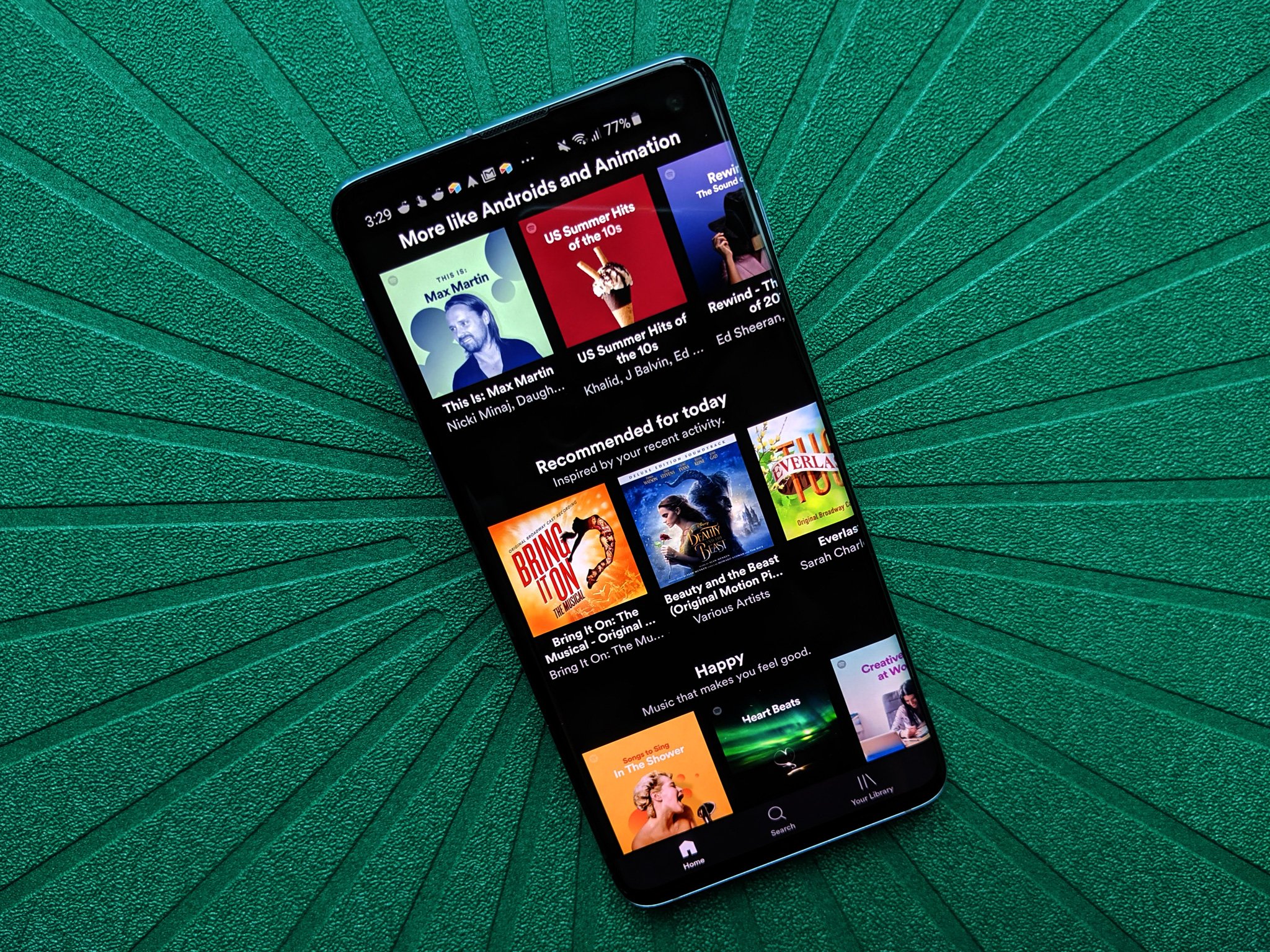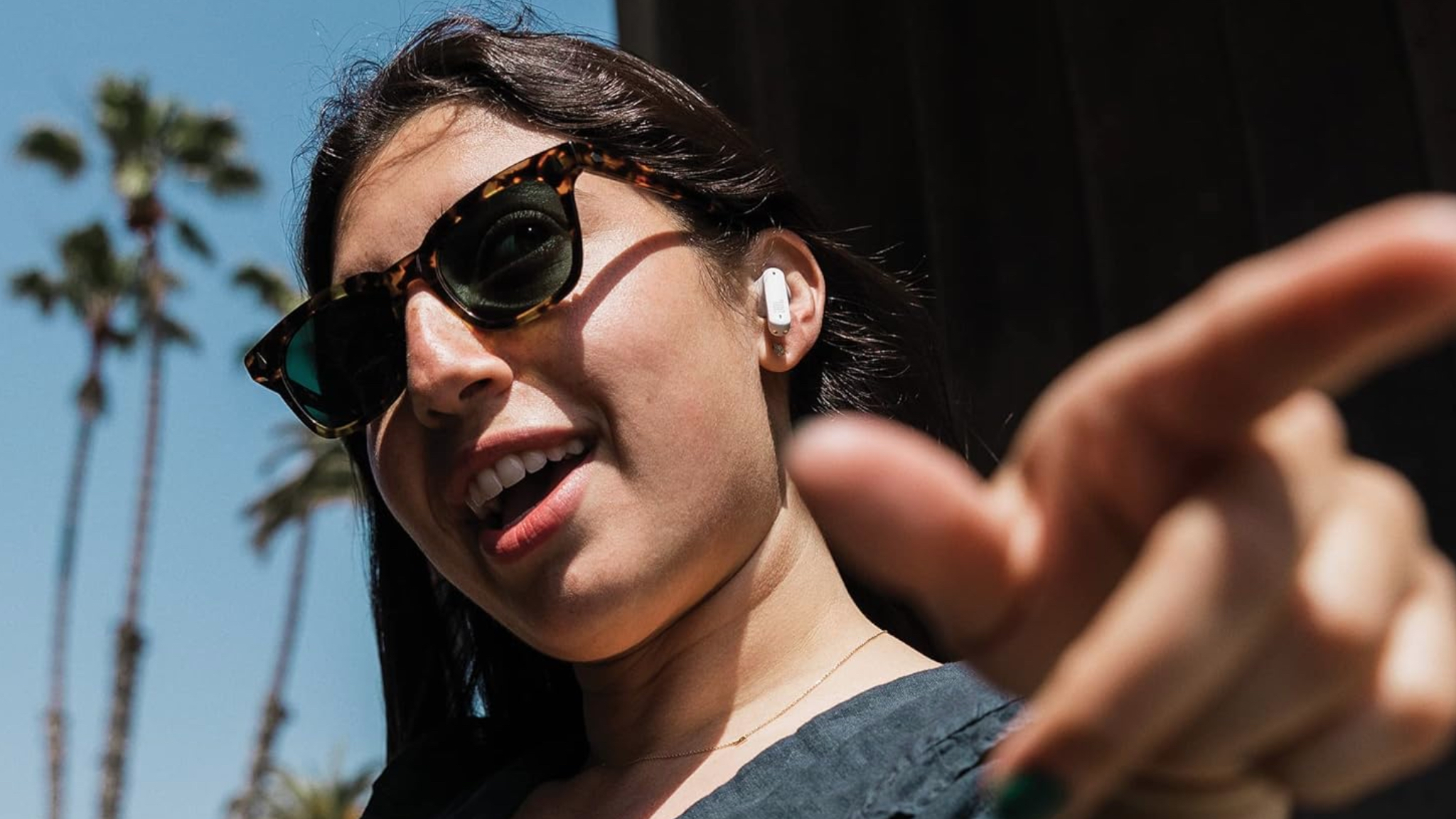Artists can now pay Spotify to show you their new music

What you need to know
- Spotify is adding a new way for artists to tell you about their new music.
- Artists can pay the streaming service to sponsor notifications for their latest album.
- The company says the recommendations will still be based on your music tastes and only pertain to artists you like.
Spotify has begun testing a new means for artists to showcase their latest and greatest works to their fans: by paying the company to tell you about their albums.
The new feature, which is currently limited to the U.S., would see artists paying Spotify to sponsor full-page banners notifying you of a new album. This is not entirely a new feature; the app does this already for some of your favorite artists. What's changed is that artists can now specifically pay Spotify to show users these recommendations.
The company also claims the recommendations will remain personalized to your music taste, and that you'll only see new album notifications from artists you either listen to or follow. If you don't like the new ads — even though Spotify makes sure not to use the term — you can disable them on a per-artist basis or for all artists. But only if you're a Premium user. Non-paying members are left in the lurch, it seems. But, hey, you could always opt into the $10 subscription — and get a Google Home Mini for free, while you're at it.
The move could have interesting implications. Spotify says that not only will this make discovering new music easier but will also expose you to a wider range of artists. Sponsoring notifications could certainly allow less famous artists to get back some screen-time from the more prominent names in the music industry, though it could also open the door for more prominent labels to maintain a monopoly on notifications, thanks to their deeper pockets.
The change is one that some may enjoy, while others might loathe. Either way, it'll definitely help the company's bottom line.
Get the latest news from Android Central, your trusted companion in the world of Android


